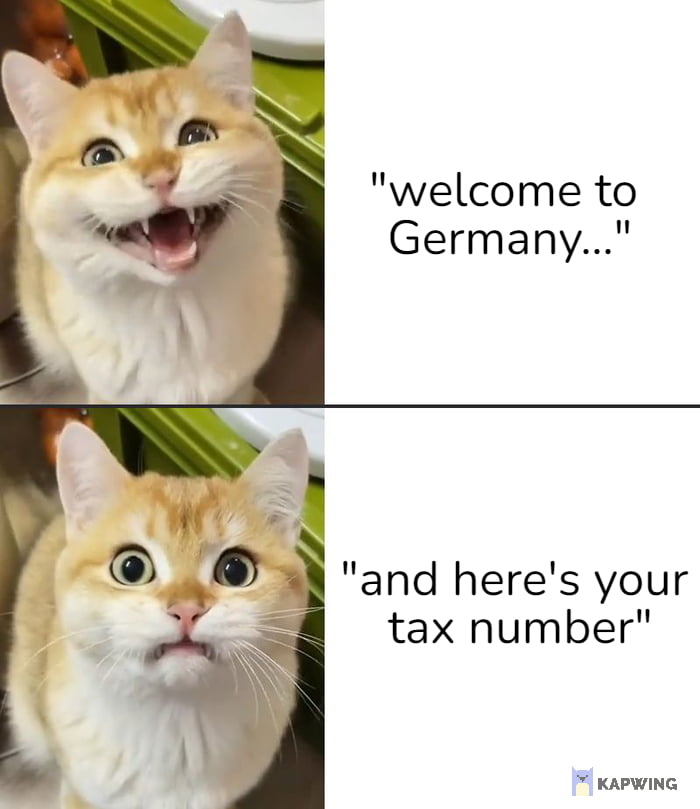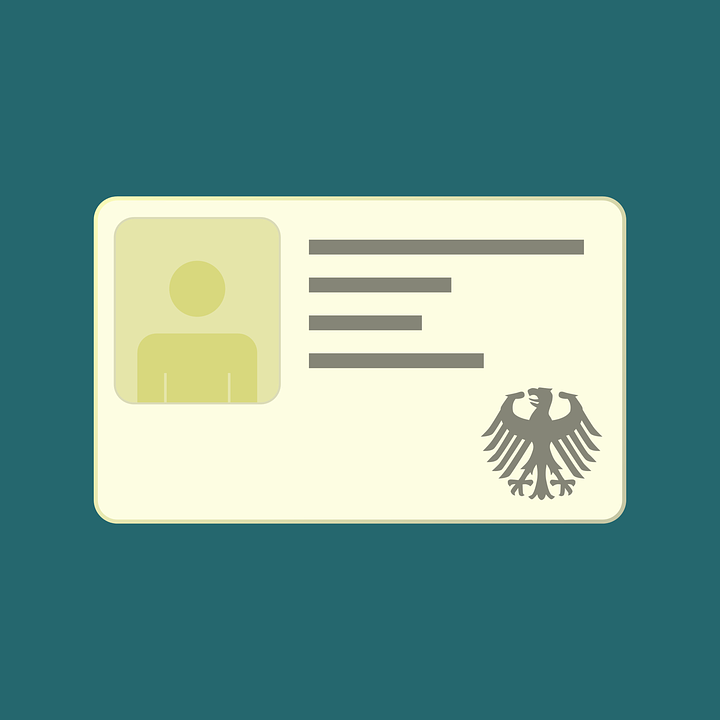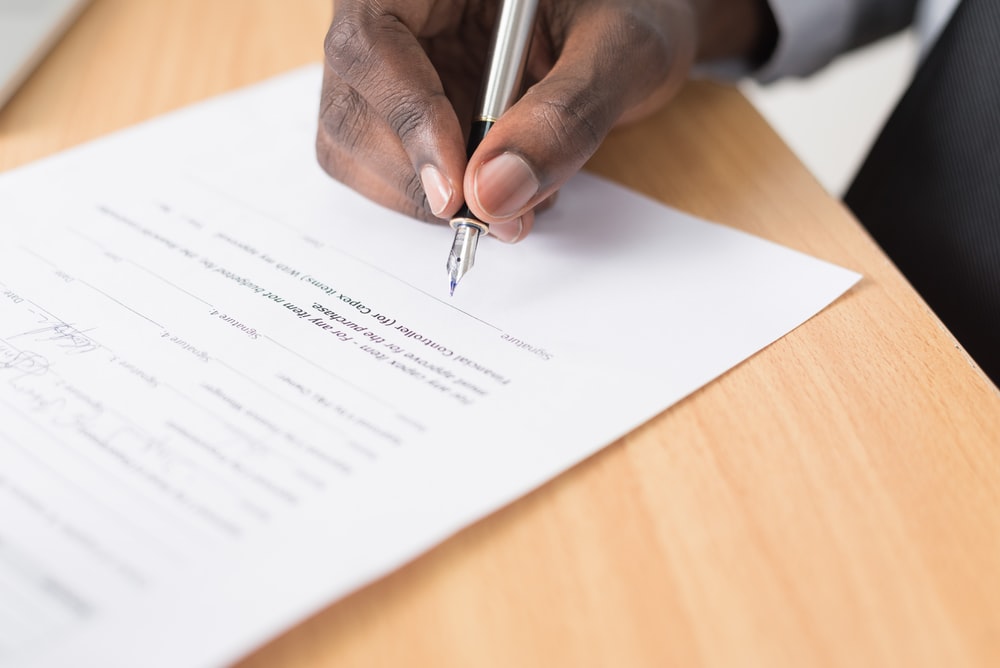As an international employee in Germany, understanding the taxation and social security system is crucial to ensure compliance and make the most of your earnings. Navigating these areas can be challenging, especially if you’re not fluent in the German language. In this blog post, we will explore the key aspects of taxation and social security in Germany for international employees. Additionally, we will introduce Booka Local, an online platform that provides bilingual helpers to assist internationals with language-related tasks, offering valuable support in various scenarios.
Taxation in Germany
- Tax Residence: Germany follows the principle of worldwide taxation, meaning that residents are generally subject to taxation on their worldwide income. Understand the criteria for tax residence and how it impacts your tax obligations.
- Income Tax: Learn about the progressive income tax rates in Germany, tax brackets, deductions, and exemptions available to reduce your taxable income.
- Tax Identification Number (TIN): Discover the importance of obtaining a TIN (Steueridentifikationsnummer) and how to apply for one if you don’t have it already.
- Tax Return: Gain insights into the tax return process, key deadlines, and the potential benefits of filing a tax return, including the possibility of claiming tax refunds.

Social Security in Germany
- Health Insurance: Germany has a mandatory health insurance system. Explore the different types of health insurance available, such as statutory health insurance (Gesetzliche Krankenversicherung) and private health insurance (Private Krankenversicherung).
- Pension Contributions: Understand the pension system in Germany and the contributions required. Learn about the possibility of receiving a pension refund upon leaving Germany, if applicable.
- Unemployment Insurance: Discover the benefits and coverage provided by the German unemployment insurance system (Arbeitslosenversicherung).
Introducing Booka Local
Booka Local is an online platform specifically designed to assist internationals in Germany who may face language-related challenges. It connects international employees with bilingual helpers who can offer support with a variety of language-related tasks, including:
- Tax Assistance: Booka Local’s bilingual helpers can assist with interpreting tax forms, explaining tax-related terminology, and helping you understand your tax obligations.
- Social Security Guidance: Get guidance on navigating the social security system in Germany, understanding the different benefits available, and filling out the necessary forms.
- Document Translation: Booka Local helpers can assist with translating essential documents such as contracts, official correspondence, and insurance forms, ensuring accurate comprehension.
- Communication Support: Whether it’s making phone calls to government offices or scheduling appointments with tax advisors, Booka Local can bridge the language gap and facilitate effective communication.
Understanding taxation and social security in Germany is vital for international employees to ensure compliance and maximize their financial well-being. Additionally, services like Booka Local provide invaluable assistance to internationals who may face language-related challenges in various aspects of their lives in Germany. By leveraging these resources, international employees can navigate the intricacies of taxation and social security with confidence, allowing them to focus on their professional and personal endeavors in their new home.















